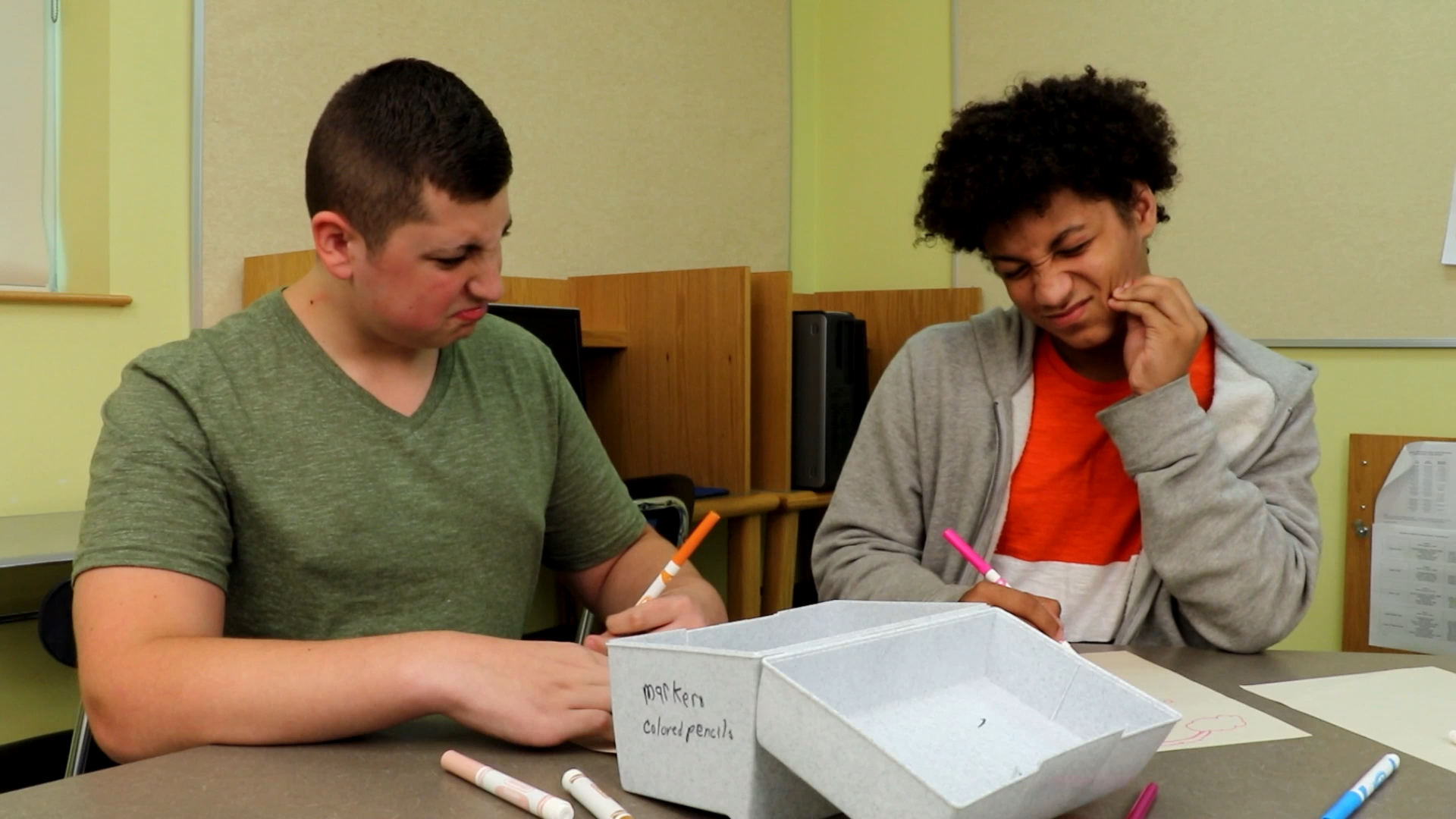
As educators, it’s essential to teach students the importance of personal hygiene and the difference between public and private spaces. In this blog post, we will discuss an engaging no-prep activity to help students understand the importance of keeping certain personal hygiene habits private. We will also provide discussion questions and mention related skills to further promote social-emotional learning in the classroom.
Introduction
Personal hygiene refers to the practices we follow to keep our bodies healthy and clean. Some personal hygiene habits, such as picking skin, should be kept private to avoid making others feel uncomfortable or grossed out. It’s crucial for students to learn the difference between public and private spaces and the appropriate behaviors for each setting. By teaching students to be mindful of their actions, we can create a more comfortable and respectful learning environment for everyone.
No-Prep Activity: Public or Private?
This activity requires no preparation or materials from the educator. It’s designed to help students identify which personal hygiene habits should be kept private and which can be performed in public.
- Ask students to brainstorm a list of personal hygiene habits they practice daily. Write these habits on the board.
- Next, draw two columns on the board, one labeled “Public” and the other “Private.” Explain that public spaces are places where other people are present, while private spaces are places where we are alone, such as an empty bathroom or our bedroom.
- Now, go through the list of personal hygiene habits and ask students to decide if each habit should be performed in public or private. Discuss their thoughts and reasoning behind each decision.
- As a class, create a final list of personal hygiene habits that should be kept private and those that are acceptable in public.
By participating in this activity, students will gain a better understanding of the importance of keeping certain personal hygiene habits private and the impact their actions can have on others.
Discussion Questions
- Why is it important to keep some personal hygiene habits private?
- How can practicing good personal hygiene habits in public spaces contribute to a positive learning environment?
- What are some strategies that can help you remember to keep certain personal hygiene habits private?
- How might someone feel if they witness someone else engaging in a personal hygiene habit that should be kept private?
- Why is it important to be aware of and respect the feelings of others in public spaces?
Related Skills
Beyond personal hygiene, there are other related skills that contribute to students’ social-emotional learning and development. These include:
- Self-awareness: Understanding one’s own feelings and emotions and how they can impact others.
- Empathy: Recognizing and understanding the feelings of others, even if they differ from our own.
- Respect: Treating others with kindness and consideration, and being aware of their personal boundaries.
- Communication: Effectively expressing thoughts, feelings, and needs in a respectful manner.
Next Steps
If you found this blog post helpful and are interested in exploring more resources to support social-emotional learning in the classroom, sign up for free samples of our skill-based materials at https://everydayspeech.com/sample-materials/. By incorporating these resources into your teaching, you can help students develop essential skills that will benefit them in the classroom and beyond.

